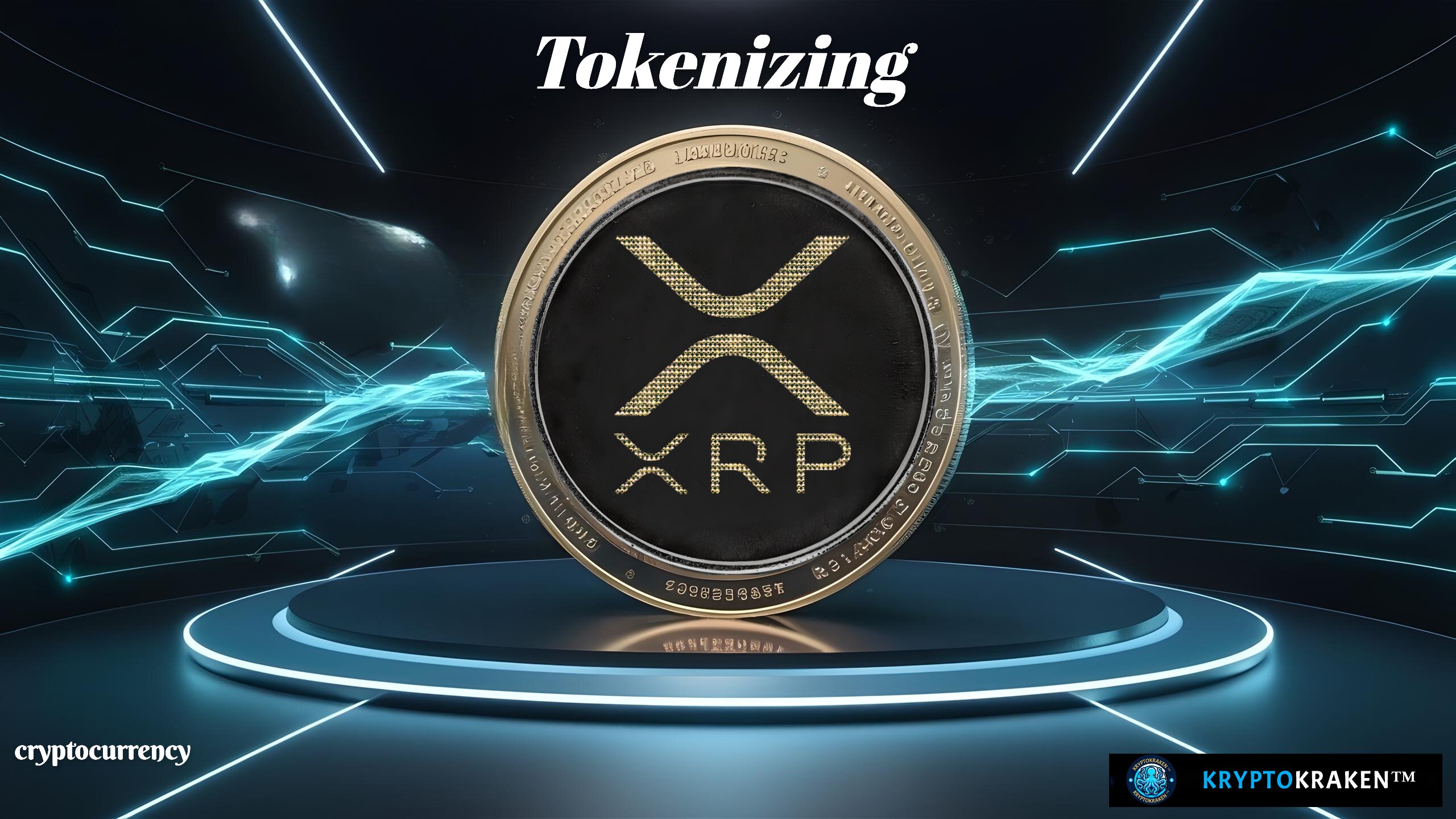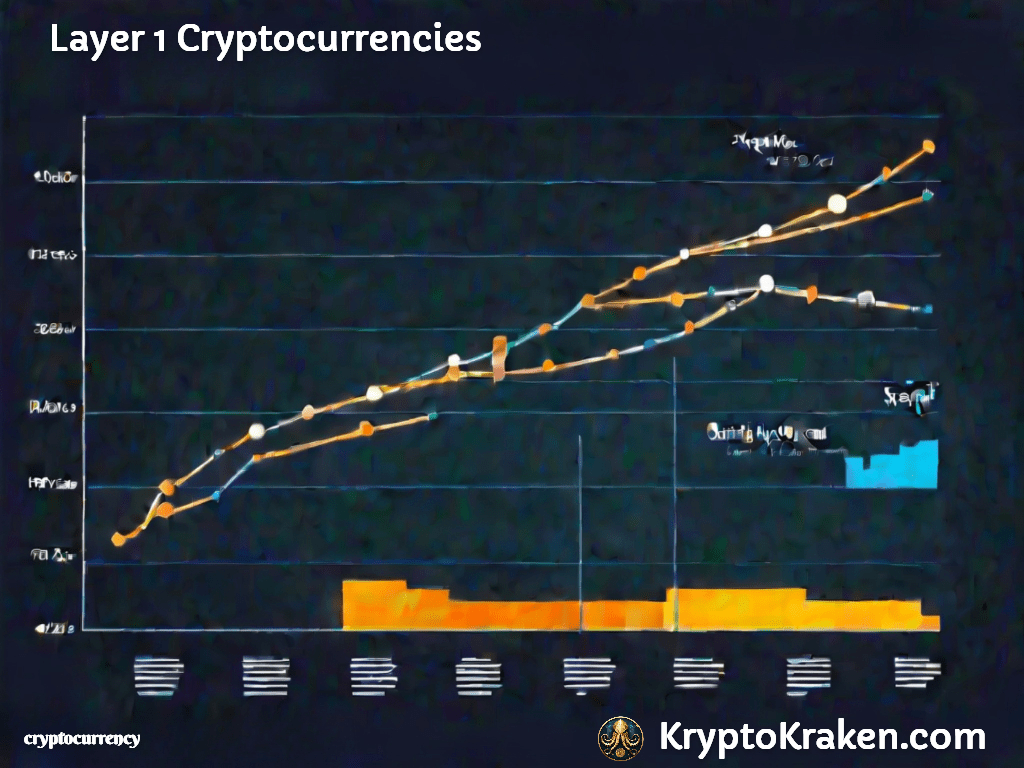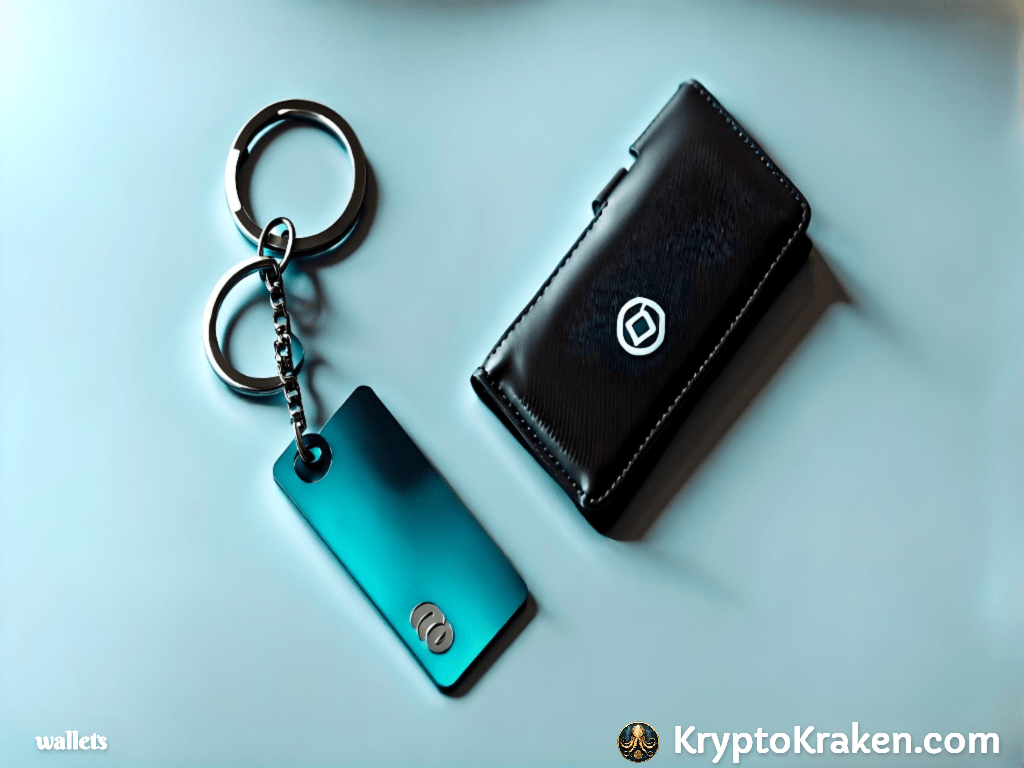
- August 25, 2023
- Dennis Frank
- 1
Table of Contents
Cryptocurrency Trading Platforms
Investors have long been interested in cryptocurrencies, and the market has continued to grow over the years. As technology advances, the industry has become more accessible to traders around the world. One of the key tools in the cryptocurrency market is trading platforms. In this article, we’ll discuss everything you need to know about cryptocurrency trading platforms, their types, and how to evaluate them.
Understanding Cryptocurrency Trading Platforms
Before we get started with the different types of cryptocurrency trading platforms, let’s take a closer look at what trading platforms are, and their role in the crypto market.
A cryptocurrency trading platform is an online marketplace used for trading digital currencies. These platforms allow traders to buy, sell, and exchange digital assets using various strategies. Trading platforms are a central hub for traders in the crypto market, much like the NYSE is for traditional stock traders.
The growth of the cryptocurrency market can be attributed to the use of trading platforms. These platforms have made it easier than ever for traders to access digital assets and execute trades. Trading platforms facilitate the buying and selling of cryptocurrencies with ease, without having to store physical assets. Additionally, trading platforms have added new digital assets to the market, increasing liquidity and the variety of assets available to investors worldwide.
The Role of Trading Platforms in the Crypto Market
Trading platforms have revolutionized the way investors trade in the cryptocurrency market. They have eliminated the need for intermediaries, such as banks, and have made it possible for traders to access the market from anywhere in the world. This has democratized the trading process and has made it possible for anyone with an internet connection to invest in digital assets.
Moreover, trading platforms have made it possible for traders to execute trades in real-time, which is essential in a market that is as volatile as the cryptocurrency market. With the use of trading platforms, traders can react quickly to market changes, and take advantage of opportunities as they arise.
Key Features of a Trading Platform
Every cryptocurrency trading platform has certain key features that differentiate them from each other. These features include:
- Order Types: Limit orders, Market orders, Stop Loss orders, and more. These order types allow traders to execute trades in different ways, depending on their trading strategy.
- Trading Pairs: The available pairs that traders can use to execute trades. These pairs include BTC/USD, ETH/BTC, and many others.
- Trading Fees: The amount of money traders pay every time they execute a trade. Trading fees vary from platform to platform, and can have a significant impact on a trader’s profitability.
- User Interface: The ease of use and design of the platform. A good user interface can make it easier for traders to navigate the platform and execute trades.
- Customer Support: The quality of customer support provided by the platform. Good customer support is essential in a market that operates 24/7, and can help traders resolve issues quickly.
When choosing a trading platform, it’s important to consider these key features, as well as other factors such as security, reliability, and reputation. By doing so, traders can select a platform that meets their needs and helps them achieve their trading goals.
Types of Cryptocurrency Trading Platforms
There are several types of cryptocurrency trading platforms available to traders, each with its own unique structure and features. Understanding the differences between these platforms is essential for traders who want to make the best trading decisions. In this article, we will explore each type of trading platform in detail, highlighting the pros and cons of each.
Centralized Exchanges (CEX)
Centralized exchanges, also known as CEX, are the most commonly used type of trading platforms in the cryptocurrency market. These exchanges operate on a centralized server, and the exchange manages all the trades between buyers and sellers. CEXs are relatively easy to use and offer advanced trading tools. However, they are subject to strict regulations, including KYC (Know Your Customer) and AML (Anti-Money Laundering) requirements.
One advantage of using a CEX is the high level of security they offer. These exchanges typically have robust security measures in place, including two-factor authentication and cold storage for funds. Additionally, CEXs have high liquidity, meaning that traders can buy and sell cryptocurrencies quickly and easily.
Some popular CEXs include Binance, Coinbase, and Kraken. These exchanges offer a wide range of trading pairs, including fiat-to-crypto and crypto-to-crypto pairs. They also have user-friendly interfaces that make it easy for beginners to start trading.
Decentralized Exchanges (DEX)
Decentralized exchanges, also known as DEX, run on a blockchain network, where traders maintain their control over their funds and the trades they execute. DEXs are considered much more secure, as funds are never held in a centralized location. However, they typically have lower liquidity and are more complex to use.
One advantage of using a DEX is the increased privacy they offer. Since traders maintain control over their funds, they do not need to provide personal information to the exchange. Additionally, DEXs are resistant to hacks and other security breaches, as there is no central point of failure.
Examples of DEXs include Uniswap, PancakeSwap, and Sushiswap. These exchanges operate on the Ethereum and Binance Smart Chain networks and allow users to trade a wide range of ERC-20 and BEP-20 tokens. However, DEXs can be more challenging to use than CEXs, and traders need to have a good understanding of how blockchain networks work.
Peer-to-Peer (P2P) Platforms
P2P trading platforms facilitate direct trades between buyers and sellers without the need for a central authority. P2P platforms typically have lower fees and support a wide range of payment methods. However, P2P platforms are less secure than centralized exchanges and are vulnerable to scams.
One advantage of using a P2P platform is the increased flexibility they offer. Traders can negotiate directly with each other and set their own prices, which can lead to better deals. Additionally, P2P platforms are usually available in countries where centralized exchanges are not accessible.
Some popular P2P platforms include LocalBitcoins and Paxful. These platforms allow users to buy and sell cryptocurrencies using a wide range of payment methods, including bank transfers, PayPal, and gift cards. However, traders need to be cautious when using P2P platforms, as there have been instances of fraud and scams.
Derivative Trading Platforms
Derivative trading platforms support trading in financial instruments that derive their value from an underlying asset. These instruments can be futures, options, or contracts for difference (CFDs). Derivative trading platforms are suitable for experienced traders who can use high leverage. However, they are also riskier and more complex than other types of trading platforms.
One advantage of using a derivative trading platform is the ability to profit from both rising and falling markets. Traders can use leverage to amplify their gains, but this also increases their risk. Additionally, derivative trading platforms allow traders to trade a wide range of assets, including cryptocurrencies, stocks, and commodities.
Examples of derivative trading platforms include BitMEX and Huobi Futures. These platforms offer advanced trading tools, including margin trading and short selling. However, traders need to be aware of the risks involved in using these platforms, and they should only do so if they have a good understanding of how derivatives trading works.

Evaluating a Cryptocurrency Trading Platform
Nowadays, the world of cryptocurrency is rapidly evolving, and with it, the number of trading platforms available to investors is increasing. As such, it can be challenging to determine which trading platform is the best fit for your trading needs. In this article, we will discuss the different factors that determine the quality of a trading platform to help you make an informed decision.
Before you take the plunge and commit to a trading platform, you should consider the following:
Security Measures
Security is the most crucial aspect when it comes to trading platforms. A good trading platform should offer various security measures to its users, such as two-factor authentication, SSL encryption, and cold storage. Two-factor authentication is a security feature that requires users to provide two forms of identification before accessing their accounts. SSL encryption ensures that all data transmitted between the trading platform and its users is encrypted and secure. Cold storage is a security measure that involves storing cryptocurrency assets offline, away from internet-connected devices, to prevent hacking and theft.
Trading Fees and Commissions
The next aspect to consider is the trading fees and commissions. You should compare the fees charged by different trading platforms to find the one that suits your needs. Evaluate the platform’s costs for deposits, trades, and withdrawals. Some trading platforms charge a flat fee per trade, while others charge a percentage of the trade value. Additionally, some platforms may charge higher fees for certain cryptocurrencies or trading pairs.
Available Cryptocurrencies and Trading Pairs
A good trading platform should offer a range of cryptocurrencies and trading pairs. You should choose a platform that supports the cryptocurrencies you want to trade, including Bitcoin, Ethereum, and others. Verify that the platform offers enough trading pairs to allow diversification. The more trading pairs a platform offers, the more opportunities you have to profit from market movements.
User Interface and Trading Tools
The user interface and trading tools of a platform are essential factors to consider. Choose a trading platform that offers a user-friendly interface with an intuitive trading panel. A good trading platform should also have adequate trading tools that help improve your trading strategies. These tools may include real-time market data, charting tools, and technical analysis indicators.
Customer Support and Community
Finally, evaluate the quality of customer support and community. A good trading platform should have an active community where users can ask questions and share their experiences. You should also choose a platform that offers reliable, responsive customer support that can assist you with any issues you face. Some trading platforms offer 24/7 customer support, while others may only offer support during business hours. Additionally, some platforms may offer support through email, phone, or live chat.
In conclusion, when evaluating a cryptocurrency trading platform, it is essential to consider factors such as security measures, trading fees and commissions, available cryptocurrencies and trading pairs, user interface and trading tools, and customer support and community. By taking the time to evaluate these factors, you can choose a trading platform that meets your needs and helps you achieve your trading goals.
Final Thoughts
Choosing the right cryptocurrency trading platform is crucial for making successful trades. Before choosing a platform, make sure to research and compare different options, and evaluate the platform based on factors such as security, fees, available cryptocurrencies, user interface, trading tools, and customer support. With the right platform, you can start trading digital assets and taking advantage of the opportunities in the cryptocurrency market.








































































































1 comment on “Cryptocurrency Trading Platforms”